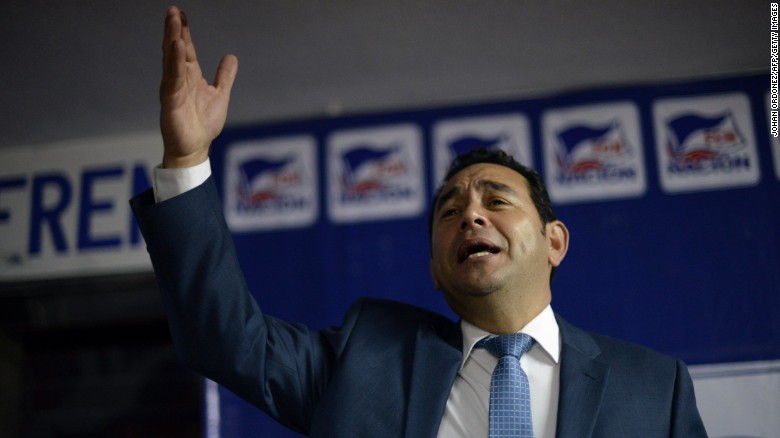According to the United Nations, 6.6 million people in Guatemala are still living under poverty and a third of this figure, or 2 million people, are struggling with extreme poverty in the year of 2006. Guatemala depends on exports, therefore, it suffered greatly especially to global price shocks, the world coffee crisis and natural disasters such as the Tropical Storm Stan in 2005, for instance, are one of the main reasons of the deepening of this social problem.
Poverty is most serious and especially prevalent in rural Guatemala, since more than half of Guatemala's population lives in rural areas in the North, Northwest, and Southwest of the nation. The poverty issue affects primarily the poorly educated and indigenous members of the population, and more than 90 percent of the indigenous population live on an income that is lower than the poverty line.
 |
| Uruguay, Argentina and Chile have the lowest rates of chronic poverty in the region, while Guatemala, Honduras and Nicaragua have the highest. (Credit: worldbank.org) |
According to World Bank's poverty profile on Guatemala, around third-fourth of Guatemala's population are living below the poverty line, which is defined as an income that is insufficient to purchase a basic basket of goods and services. And more than half of the population have incomes below the extreme poverty line, which is the amount needed to purchase a basic basket of food.
The Guatemala government has implemented policy in the mid-1990s to suggest a greater effort to address poverty, such as the 1996 Peace Accords, which set higher targets for public social investment; a restructuring of public expenditure, with less going to defense; an expanded transfer program with a significant percentage of general tax revenue transferred to the municipalities; and a greater attention in the planning process as indicated by the preparation of a national Poverty Reduction Strategy in 2001, followed by individual poverty reduction strategies for the municipalities.
World Bank has reported that "Guatemalans live with high levels of vulnerability" and that the country is not prepared for unexpected natural disasters, changes in the international conditions affecting remittances, or changes in international food prices, which are all reasons to make the task to end poverty even harder.
 | ||
| Guatemalan newly elected president Jimmy Morales addresses supporters in September in Guatemala City. (Credit: cnn.com) |
After the recent presidential election in Guatemala, the newly elected President Jimmy Morales, apart from tackling problems like violence and underdevelopment, he will also to face one of the most challenging task in the nation--ending poverty.
References:
World Bank reports:
http://www-wds.worldbank.org/external/default/WDSContentServer/WDSP/IB/2009/07/08/000333038_20090708235221/Rendered/PDF/439200ESW0GT0P1IC0Disclosed07171091.pdf
http://web.worldbank.org/WBSITE/EXTERNAL/TOPICS/EXTPOVERTY/EXTPA/0,,contentMDK:20207581~menuPK:443285~pagePK:148956~piPK:216618~theSitePK:430367,00.html
No comments:
Post a Comment